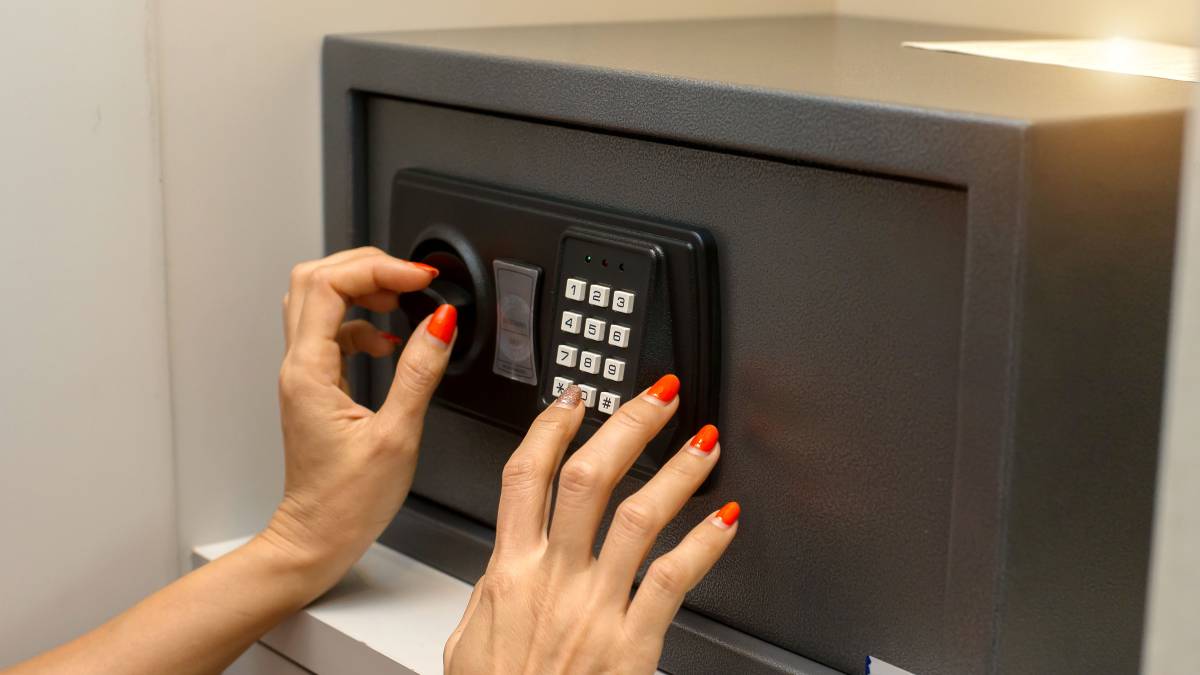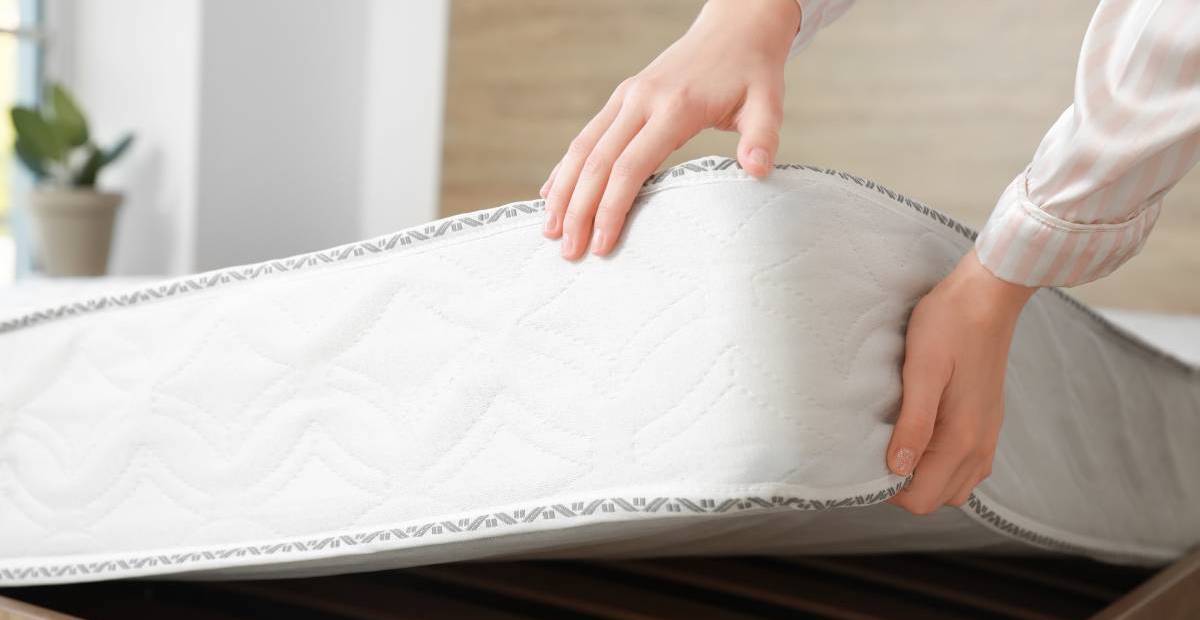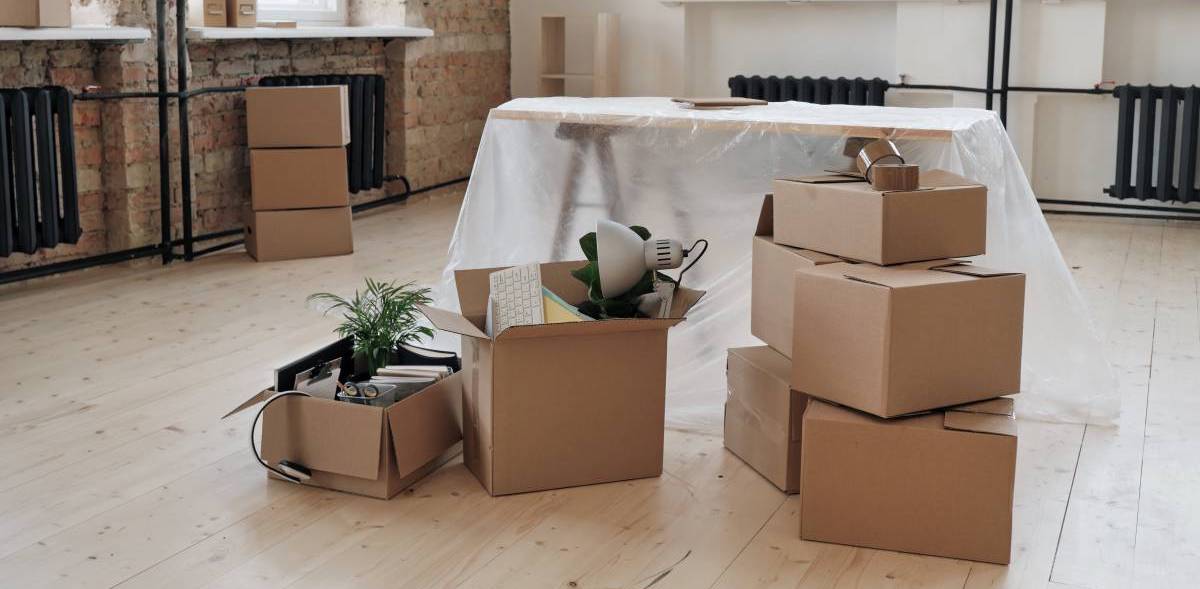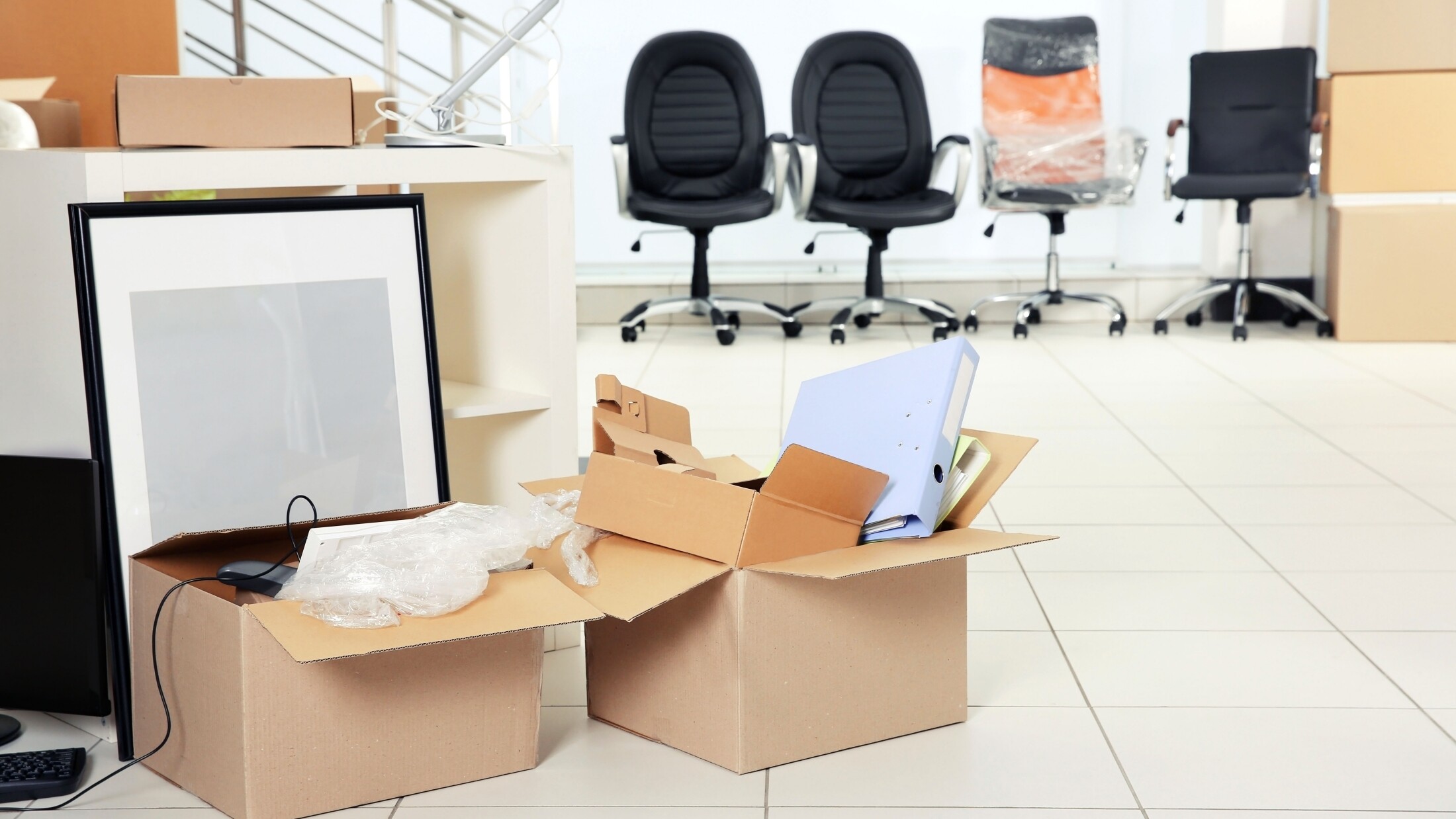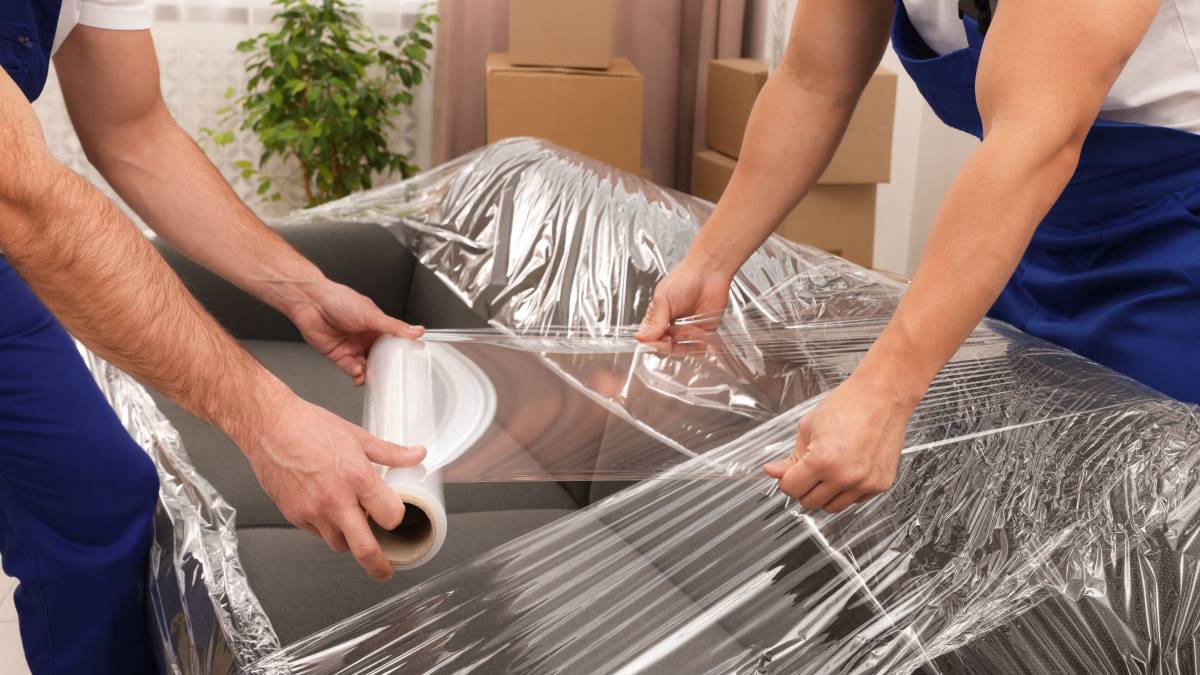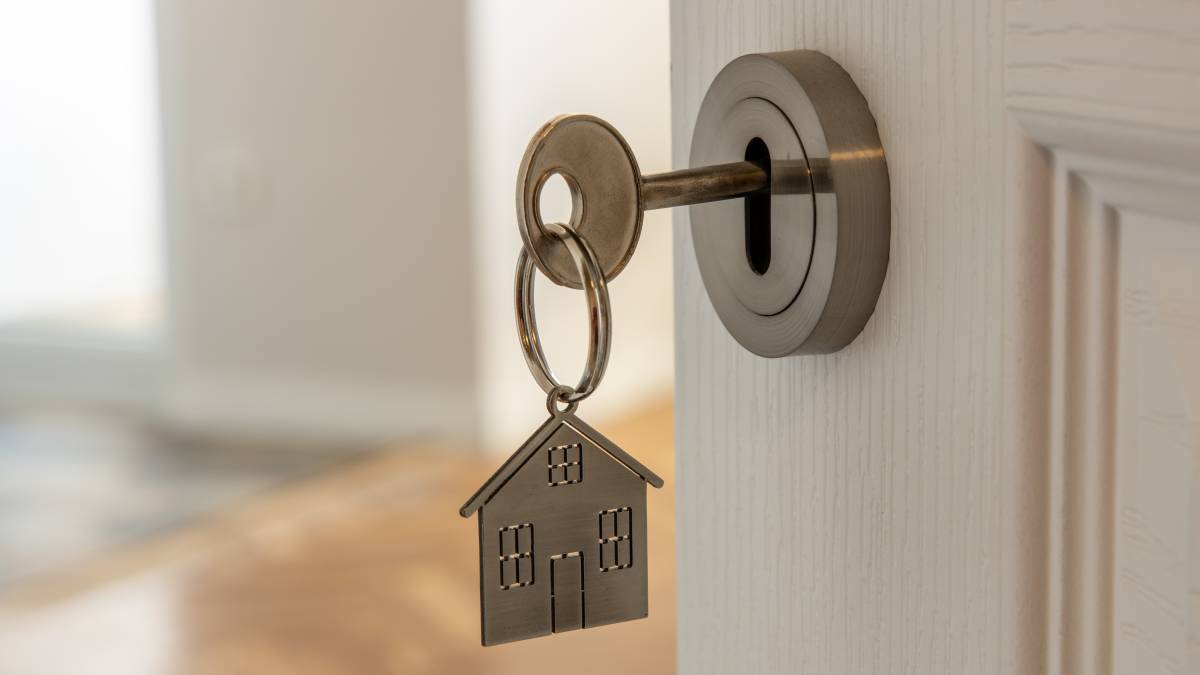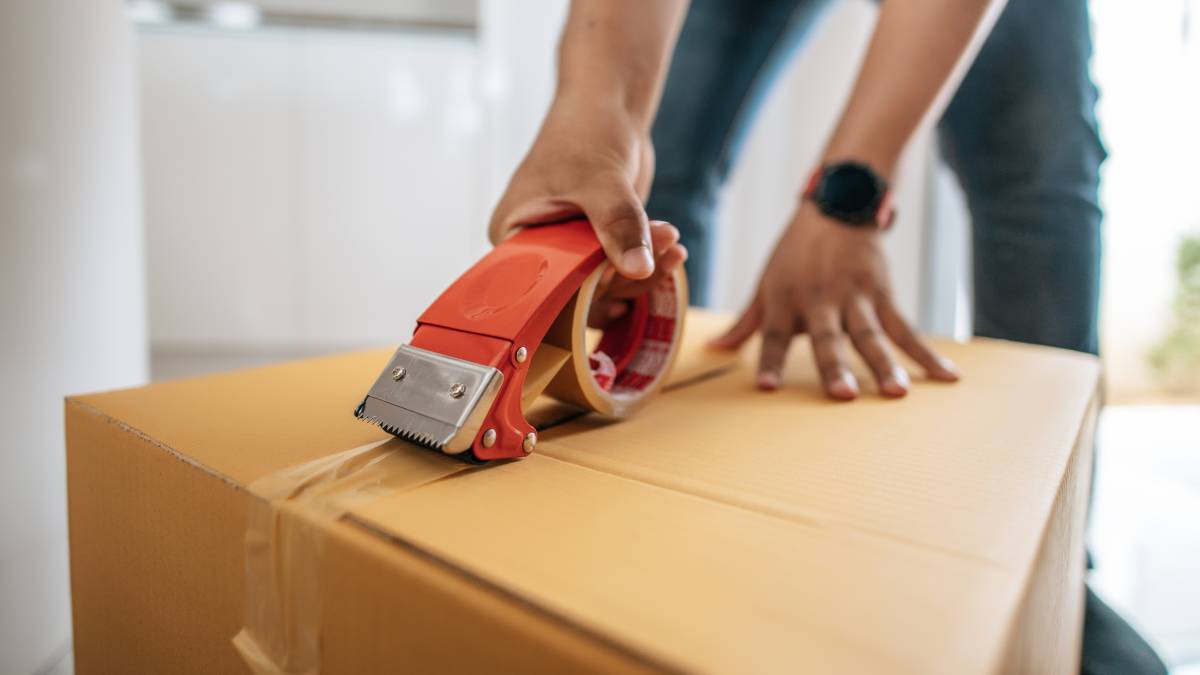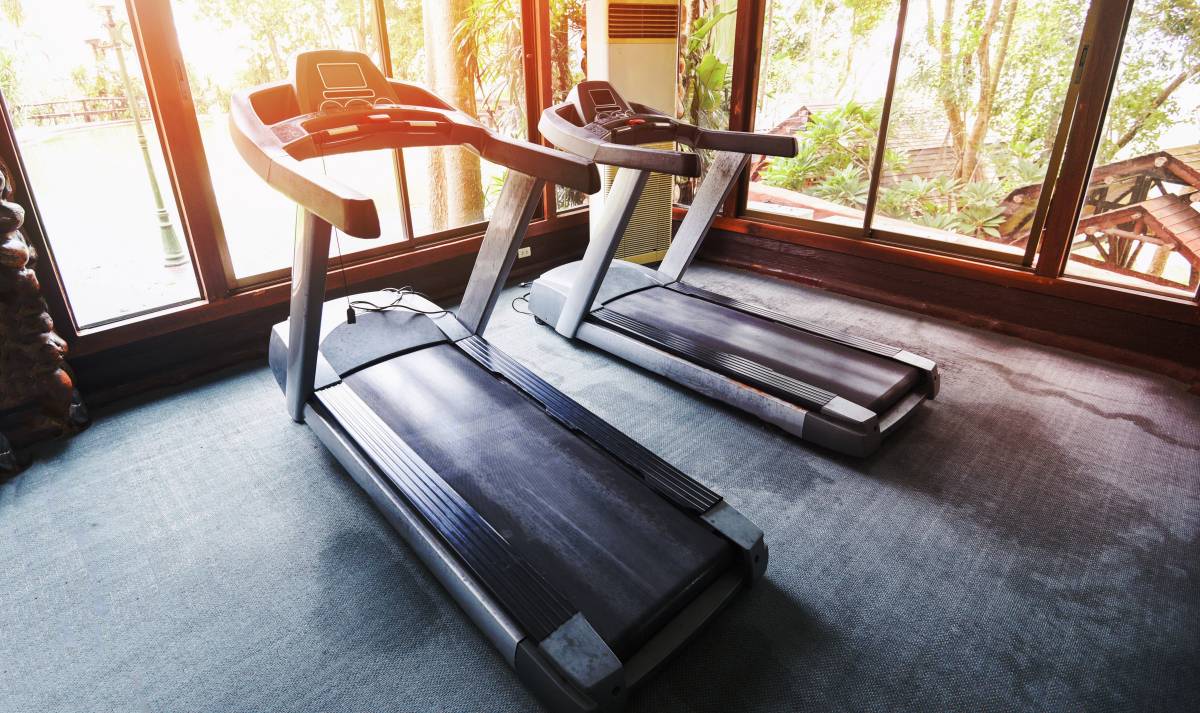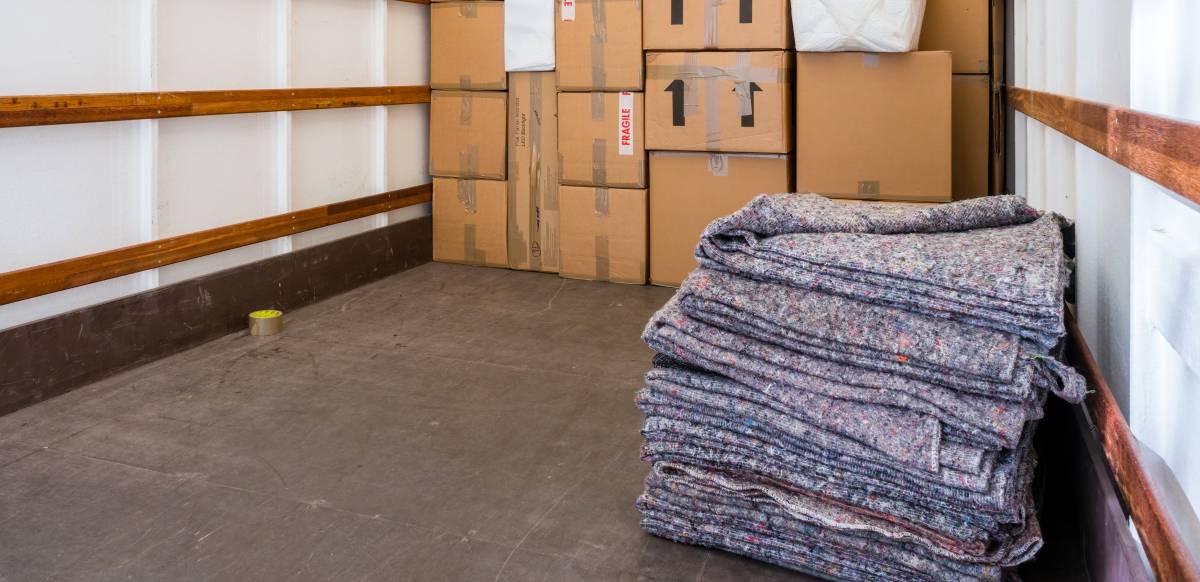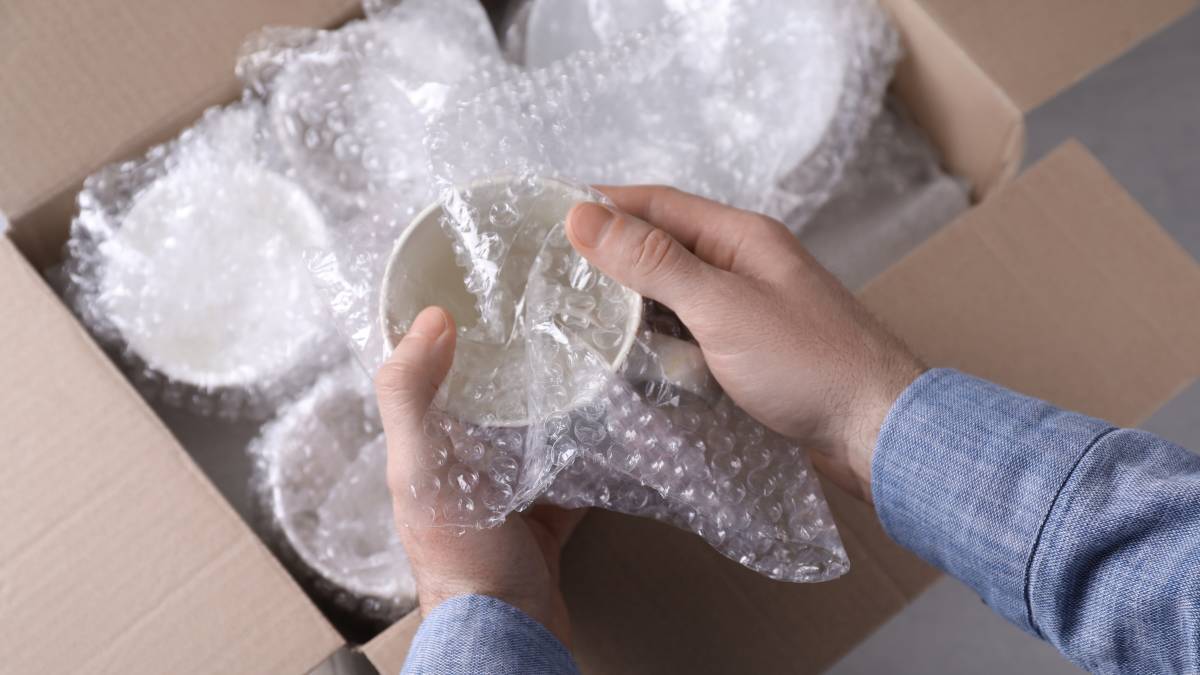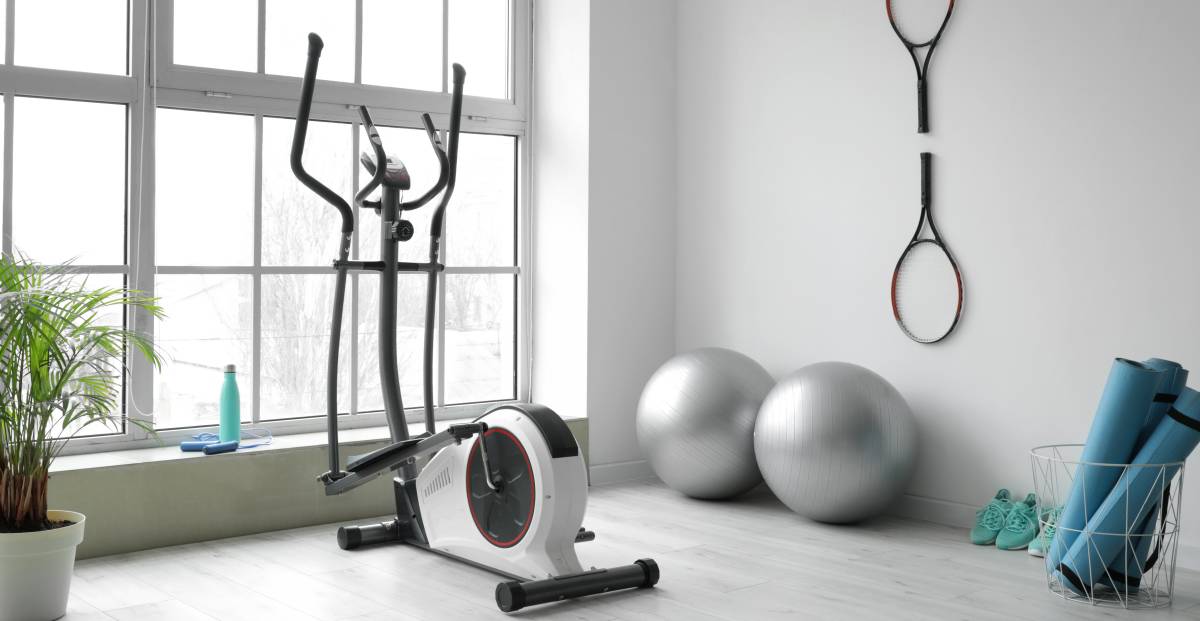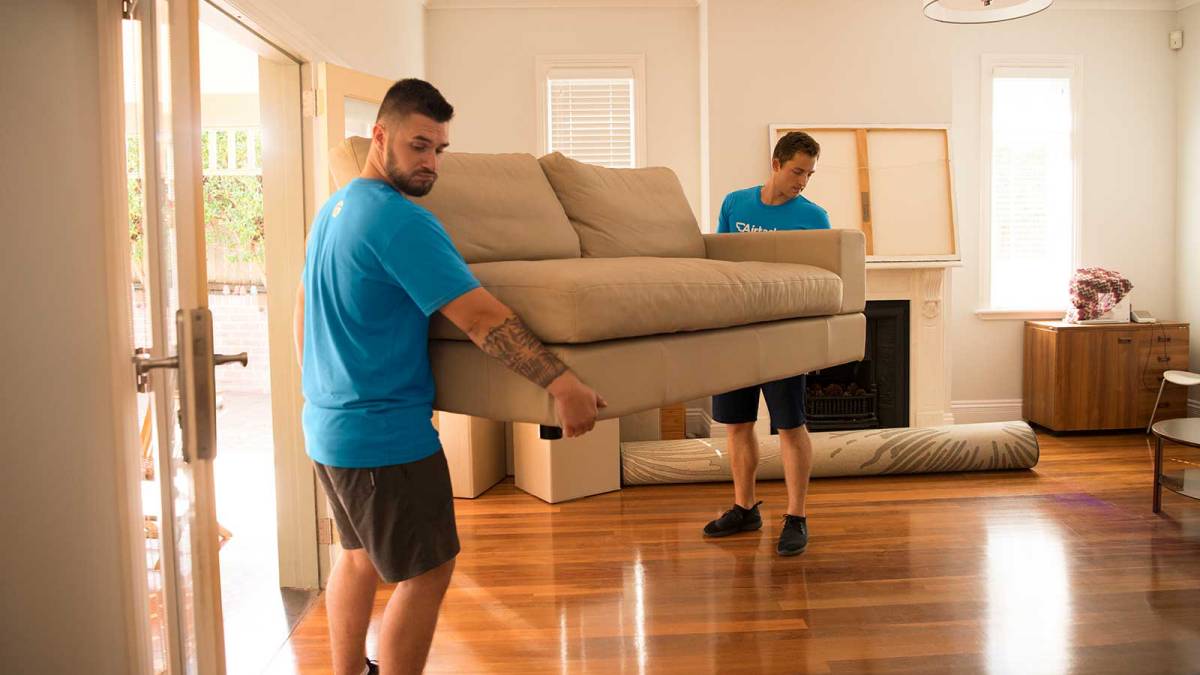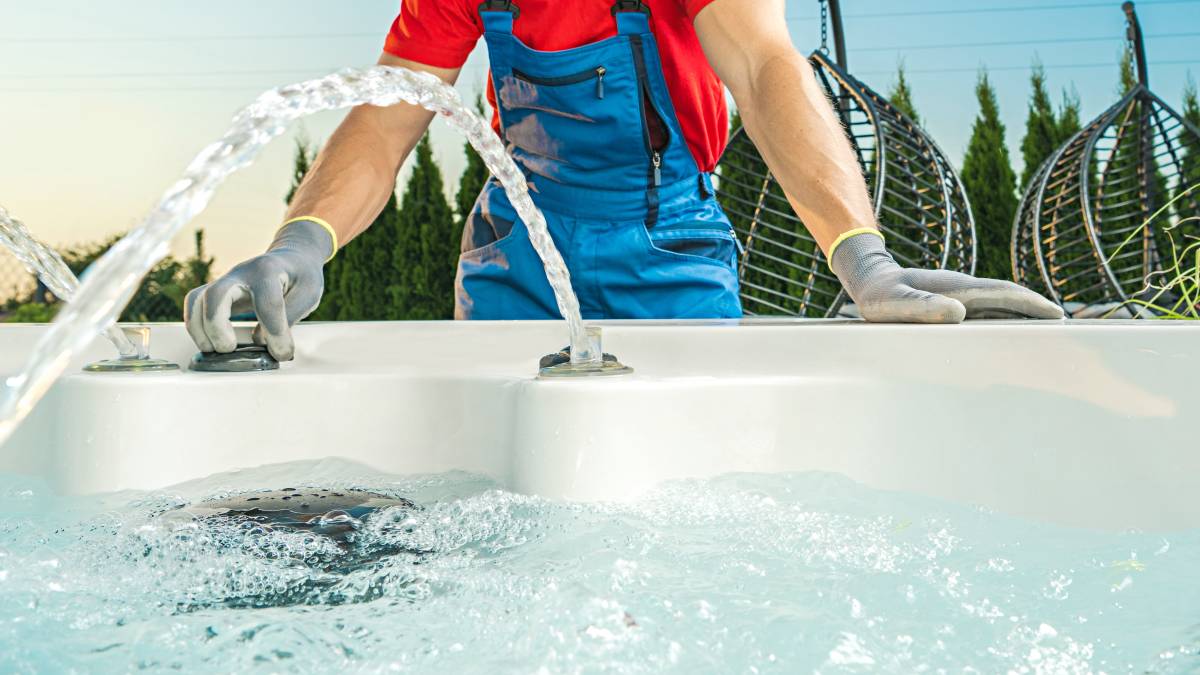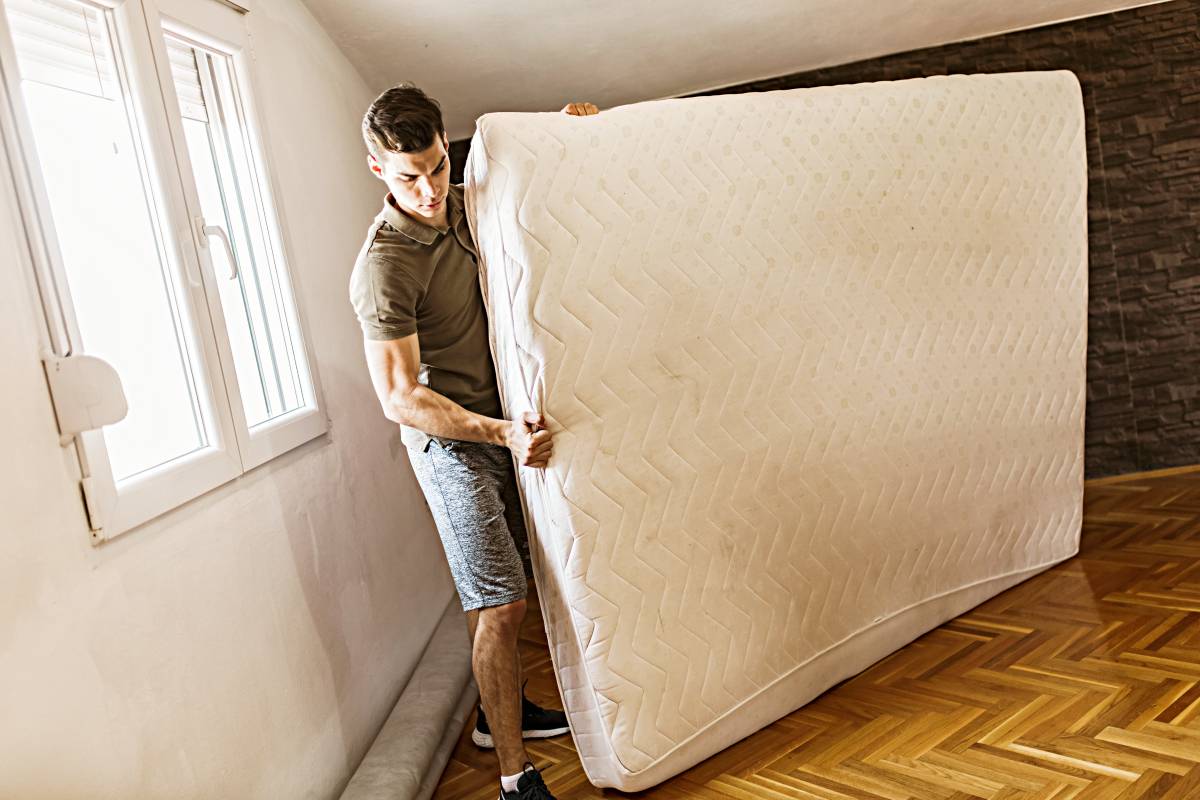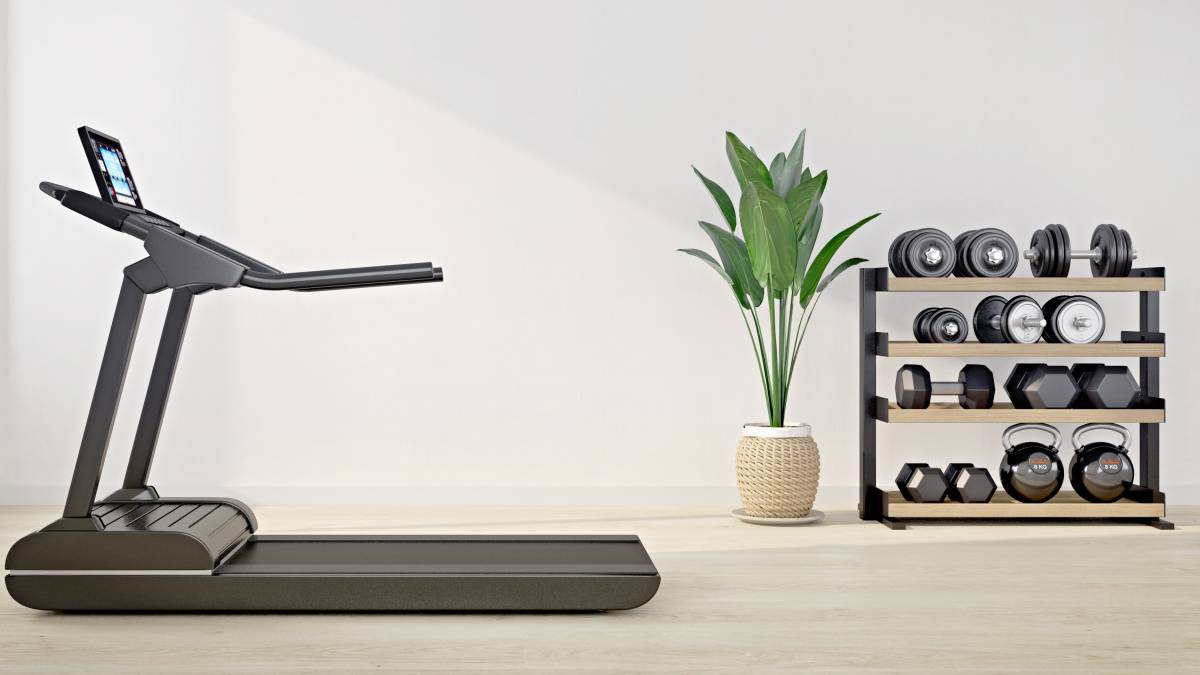- Home/
- Guides/
- Fitness Equipment Removals/
- How to Move Gym Equipment
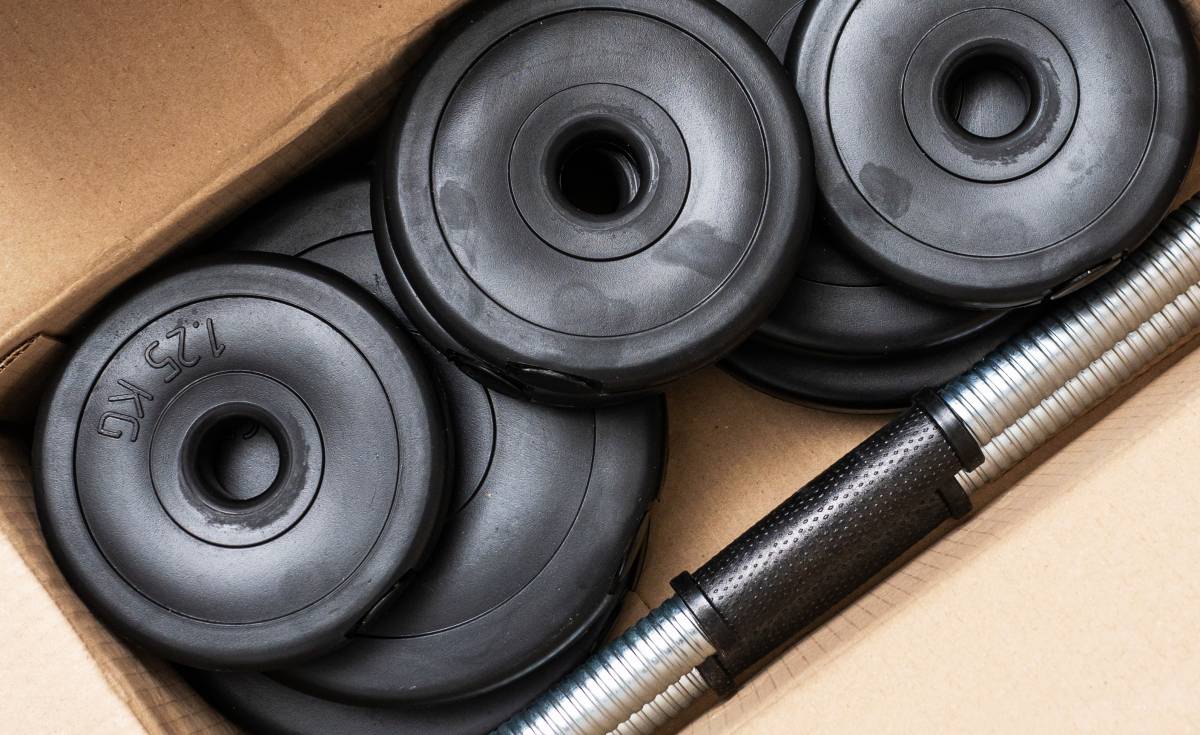
How to move gym equipment safely
Moving on a budget? Here’s how to move gym equipment yourself.
Find local removalistsLast Updated on
Health and fitness are increasingly becoming a priority for people, with over 10 million individuals in the UK being members of health and fitness clubs. Whether you’re a part of this group or prefer the convenience of having your own home gym, it’s important to know how to safely move your equipment when the time comes for a big move.
Packing and hauling stuff for a big move can be stressful, especially when moving heavy home gym equipment! You can opt to hire a removal service or learn how to properly and safely move your workout gear.
In this guide, we’ll walk you through some tips on how to move gym equipment—both from your home or a commercial gym.
Wrapping supplies and tools you’ll need
Gloves - to protect your hands while handling heavy equipment
Paddings - such as cushions, blankets, towels, and bubble wrap
Thick boxes, plastic bins, or crates - to store weights and disassembled pieces of equipment
Screwdriver - for dismantling large gym equipment
Masking tape and marker - for labelling boxes and parts
A moving dolly - to move heavier equipment that won’t fit in boxes
Moving preparation tips for gym equipment
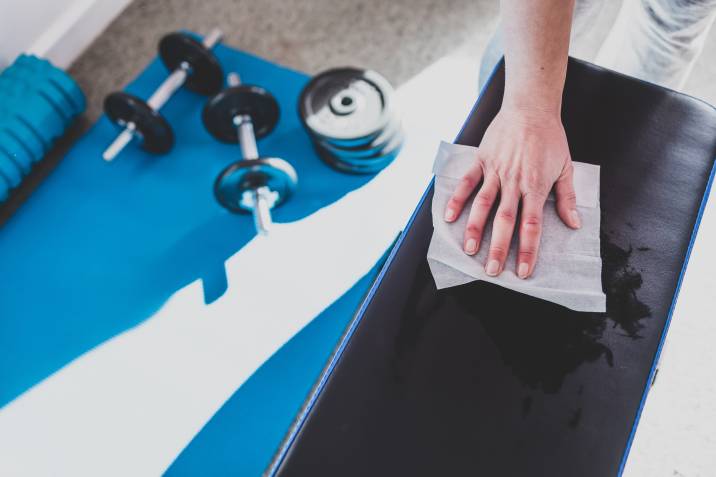
Since you don’t plan on hiring professional packers, enlist the help of at least two friends or family members. No matter how strong and capable you are, it’s best to have a reliable “team” with you during moving day.
Clean your fitness equipment before packing them. Sanitise your gym mats, weights, and punching bags. Dust machines and wipe handrails as needed.
Be organised. Identify which pieces of equipment need to be disassembled and separate them from those that could be easily packed in boxes.
Choose sturdy packing containers. Standard boxes won’t cut it when moving weights, so you may want to resort to heavy-duty packing boxes, plastic bins, and crates instead.
How to wrap and move small exercise equipment
Let’s say you’ve already separated the large gym equipment from the smaller—and much lighter—ones. Aside from the standard gym mats, your “light” pile will likely consist of small weights like dumbbells, kettlebells, and medicine balls.
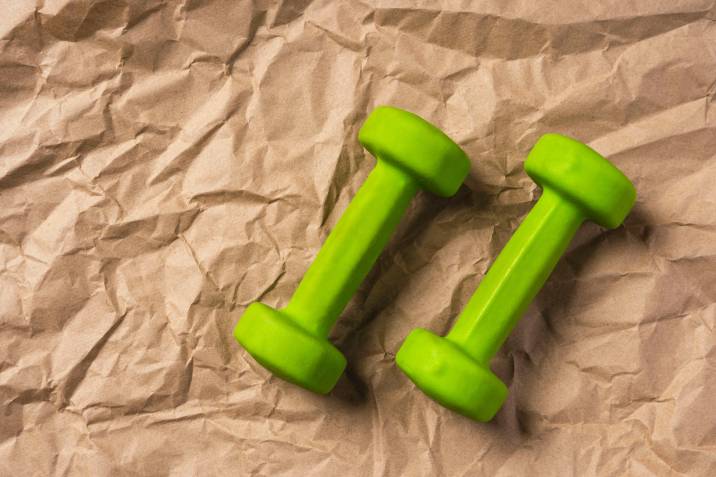
Here’s a step-by-step guide on how to pack weights for moving:
Once the weights have been sanitised, cover them in bubble wrap, towels, or newspaper.
Test your boxes or bins to ensure they are sturdy enough to handle the weight.
Line the boxes with blankets and towels to ensure the weights won’t move too much during transit.
Place the weights inside and secure the boxes with tape. Remember: don’t overpack the box! Make sure it’s light enough for you—or your designated moving helpers and lifters—to carry.
Lastly, when figuring out how to pack dumbbells and other weights for moving, don’t forget to label all your boxes so that your helpers will know it’s filled with fitness gear.
How to move heavy gym equipment by yourself
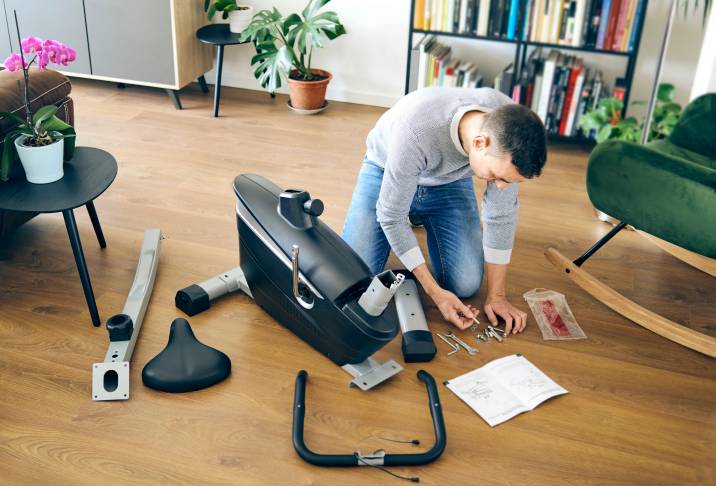
Of course, you can’t just place large equipment such as ellipticals, rowing machines, and stationary bikes in boxes. Moving a treadmill, for example, will require disassembly and special care.
So, how do you disassemble home and commercial gym equipment? Below are some tips for moving heavy fitness gear:
Study the instruction manuals that came with the equipment you have, as instructions can vary. If you don’t have the physical manuals on hand, you can easily look them up online or contact the manufacturer.
Before disassembling, check to see if all your equipment is unplugged! This is even more crucial for commercial gyms, where there are a lot of machines to move.
Label the disassembled pieces properly using masking tape and a marker. You don’t want to lose any nuts and bolts or mix them up with an elliptical’s! It’s also a good idea to take photos of the equipment and its pieces to make it easier to reassemble them later.
If you’re confident that machines can fit through doorways and don’t need to be disassembled, there are two easy ways to move gym equipment. You can either carry it with a friend or use a dolly to bring it to a waiting moving truck. A dolly is one tool that’s tried and tested by professional appliance removal services.
☞ Also read: How to move heavy appliances
Prioritise safety when moving your gym equipment
Now that you know the essentials for moving home and professional gym equipment, it’s time to start disassembling and packing your gear! Don’t rush, and always remember to prioritise your safety above all else.
If you're still unsure about your ability to safely move your exercise bike, treadmill, or other heavy gym equipment, consider hiring professional movers through Airtasker. You can check this removals cost guide to make an informed decision that works best for you and your budget.
FAQs on moving gym equipment
This will depend on your agreement with them. As a rule, heavier gym equipment like treadmills and cross-trainer must be disassembled for efficient transportation by removal services. You could also opt to disassemble them yourself—just to be sure that everything is labelled and photographed properly.
Moving gym equipment should be doable with the right helpers, packing materials, and safety precautions! Just remember to have people to help you because moving equipment—or anything heavy, for that matter—is definitely not a one-person job.
Thinking of selling some of your gym equipment or sending it to a loved one? You’ll need the same materials for moving gym gear, such as heavy-duty boxes, padding (like bubble wrap or newspaper), and a dolly for heavier equipment. Make sure to label the packages properly and to write specific instructions—to avoid any confusion with your chosen shipping company.
Find fitness equipment removalists, fast
Find a fitness equipment removalist
Related articles

How to move gym equipment safely
Read more
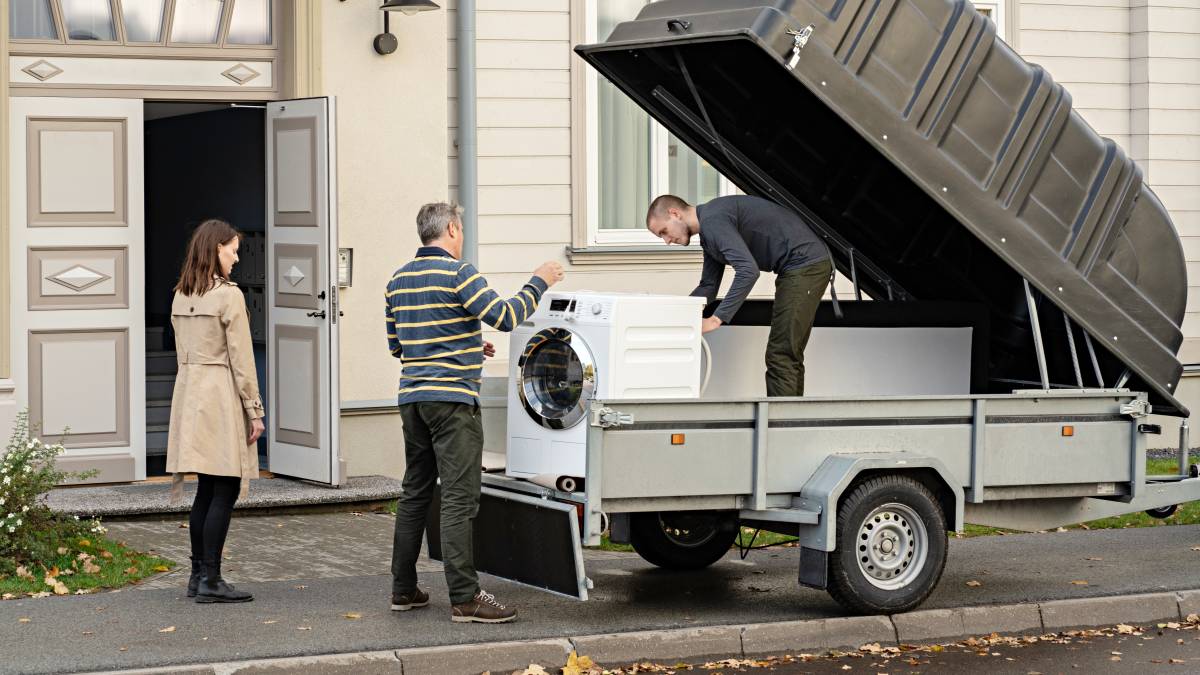
How to move a washing machine
Read more

How to move a pinball machine
Read more
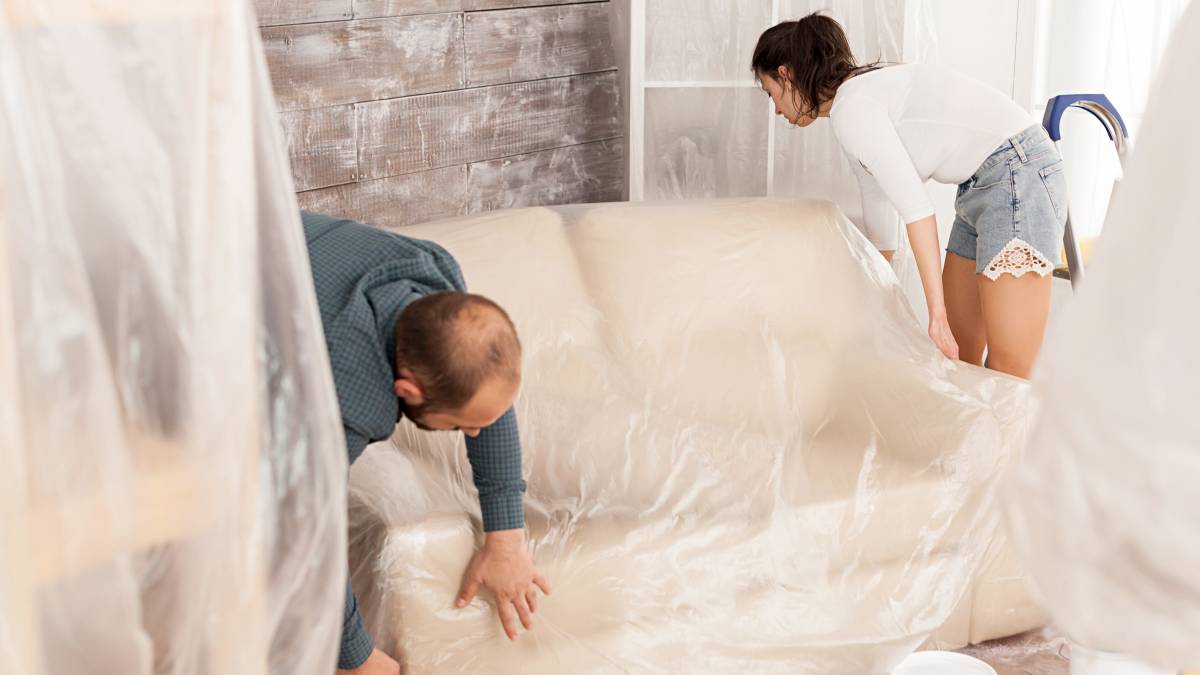
How to wrap furniture for moving
Read more

What moving companies won’t move
Read more

A guide to becoming a removalist
Read more
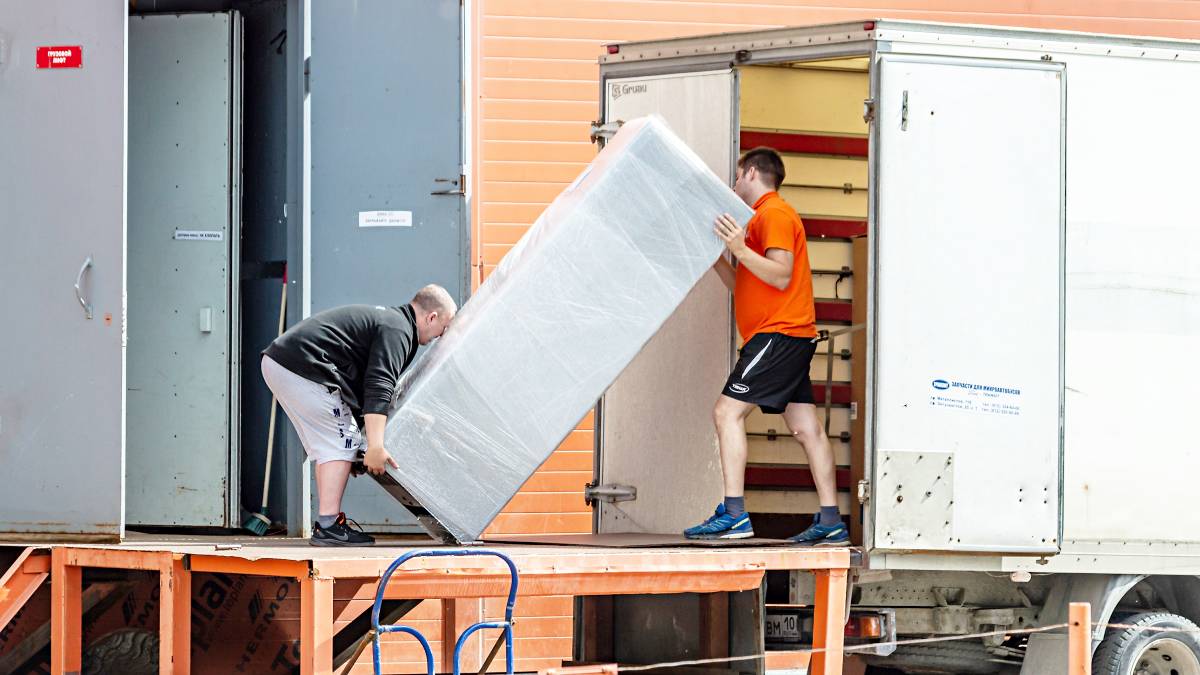
Moving a fridge: How to do it right
Read more

Tips for moving house with kids
Read more
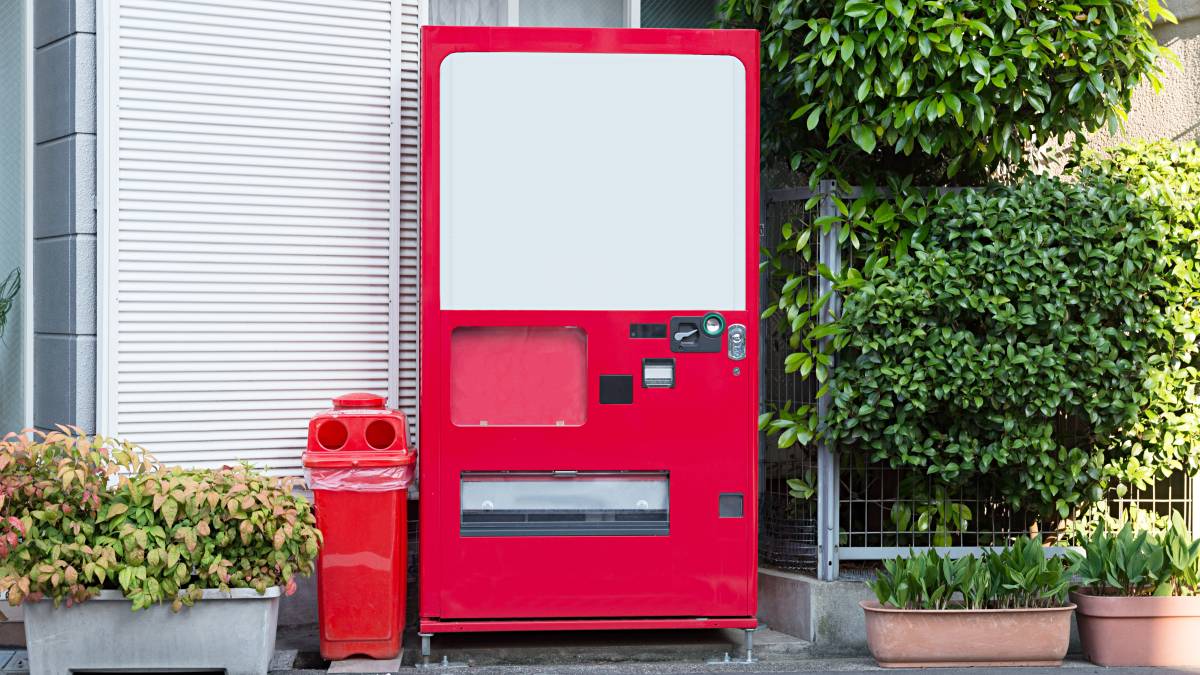
How to move a vending machine
Read more

How to pack mirrors for moving
Read more

How to pack artwork for moving
Read more
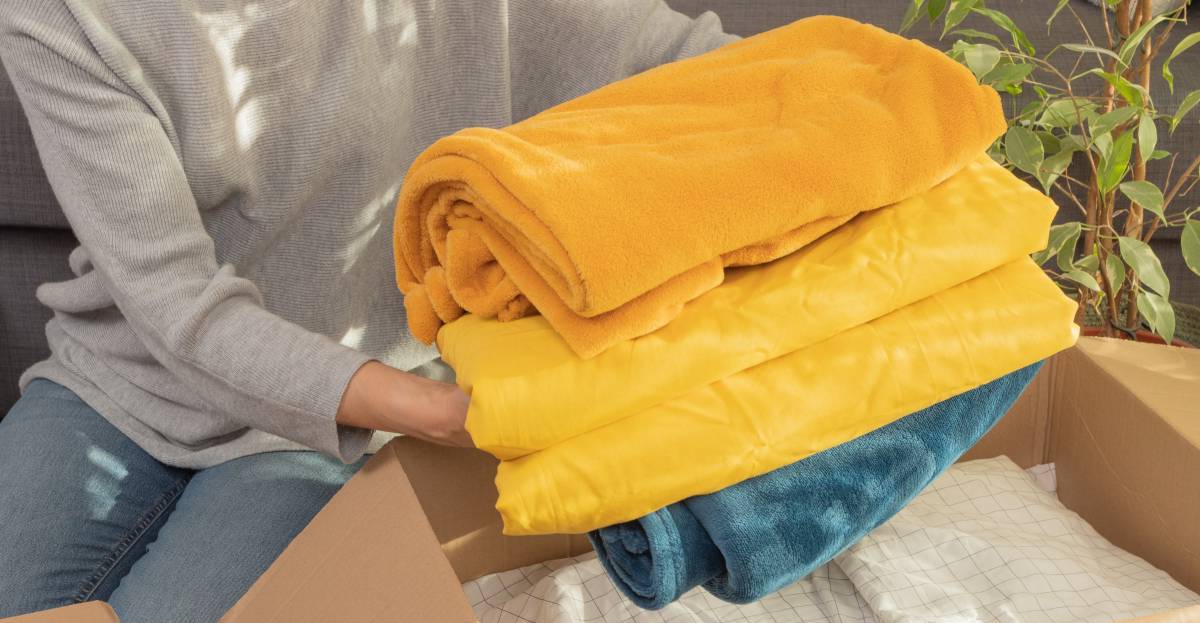
How to pack bedding for moving
Read more

How to move a pool table
Read more

How to pack kitchen items for moving
Read more

How to pack books for moving
Read more

How to move a shed
Read more
Related price guides
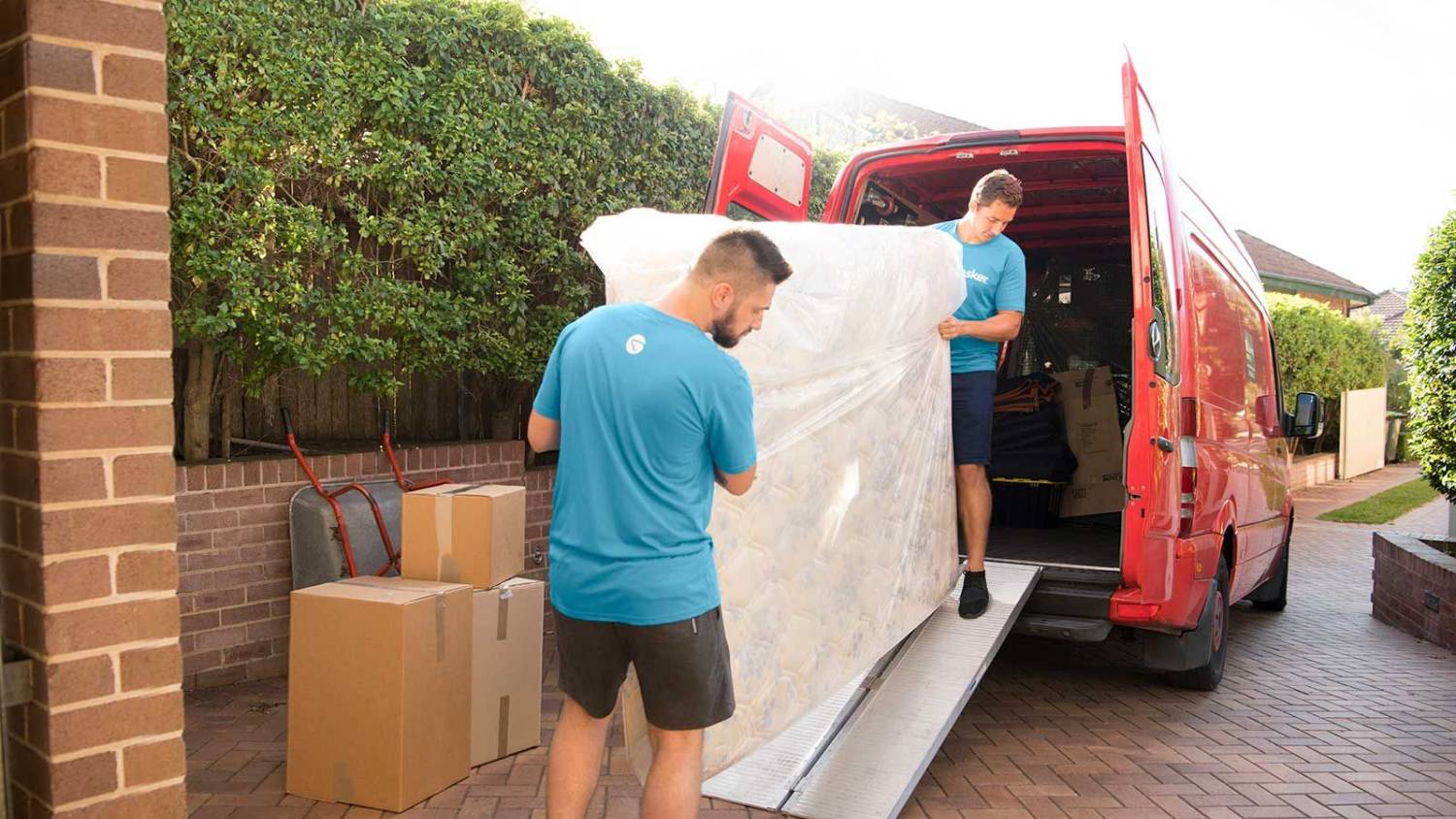
How much does it cost to move house?
Read more
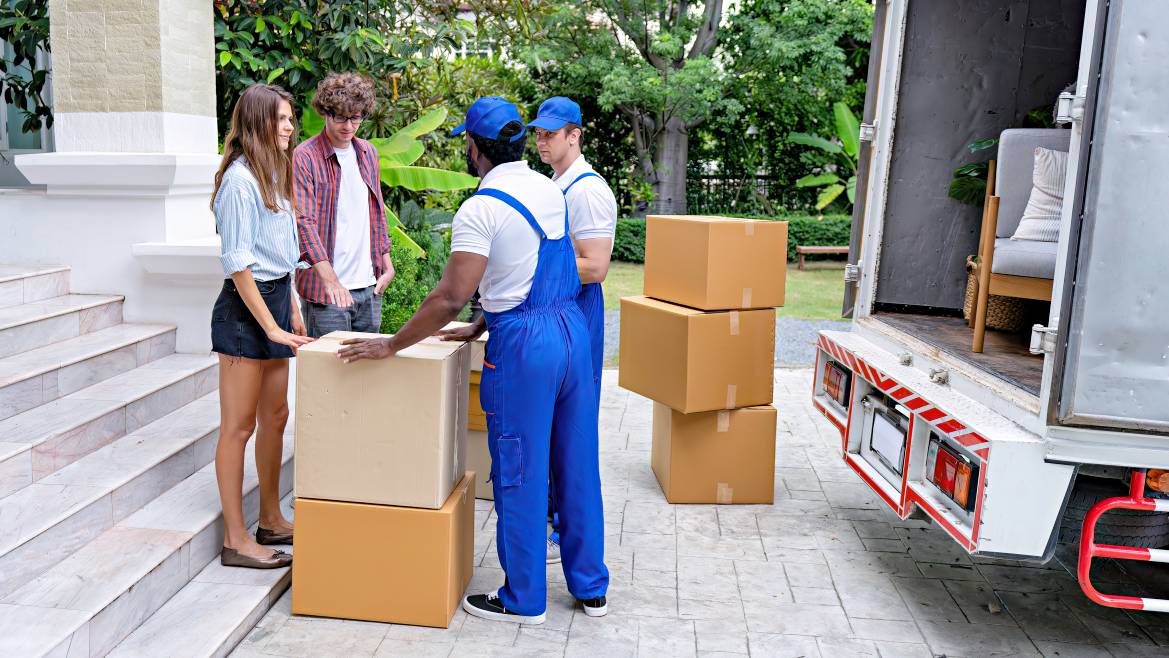
How much do removals cost?
Read more
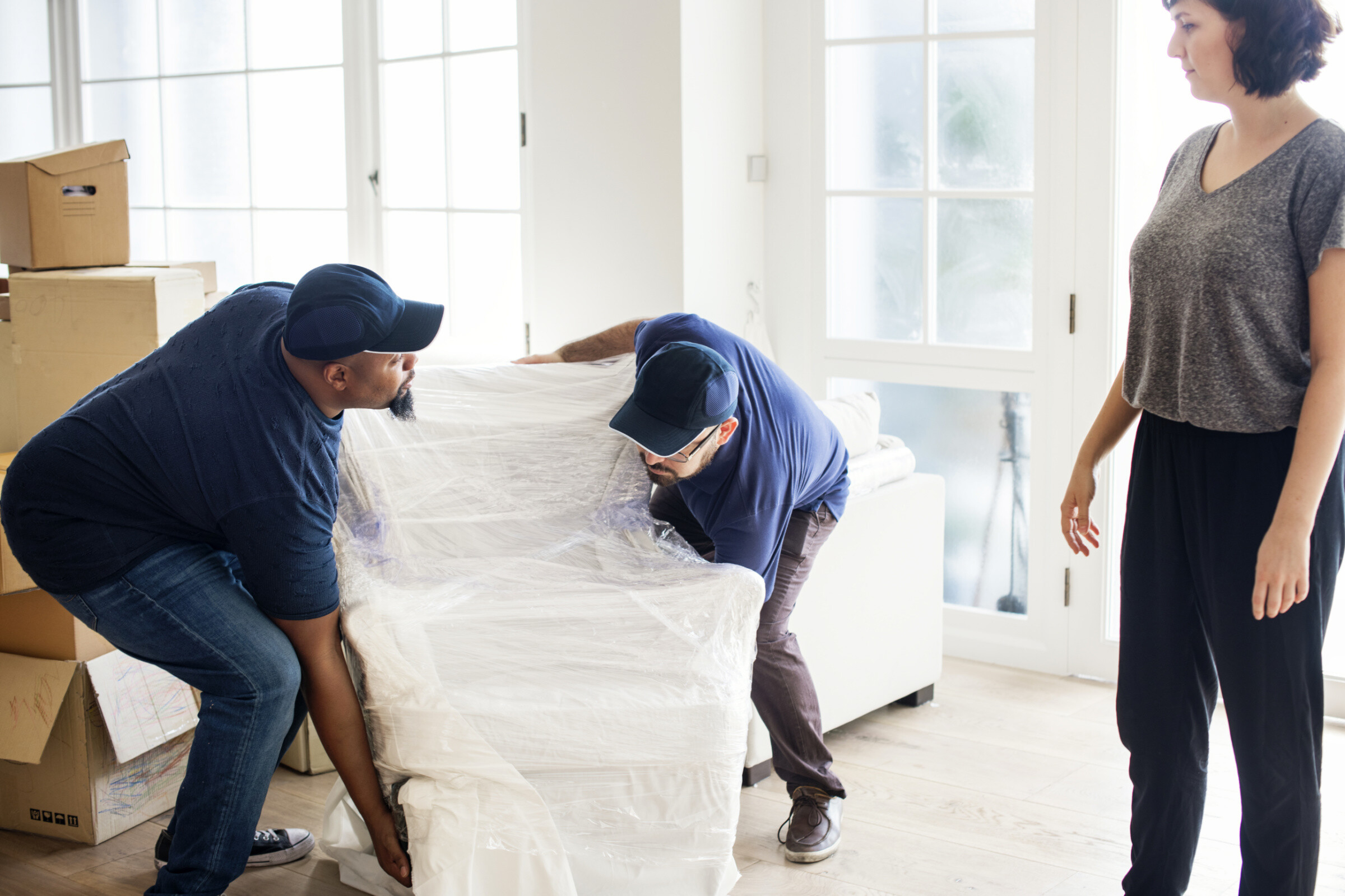
How much does it cost to move house?
Read more

How much does piano moving cost?
Read more

How much does shed removal cost?
Read more
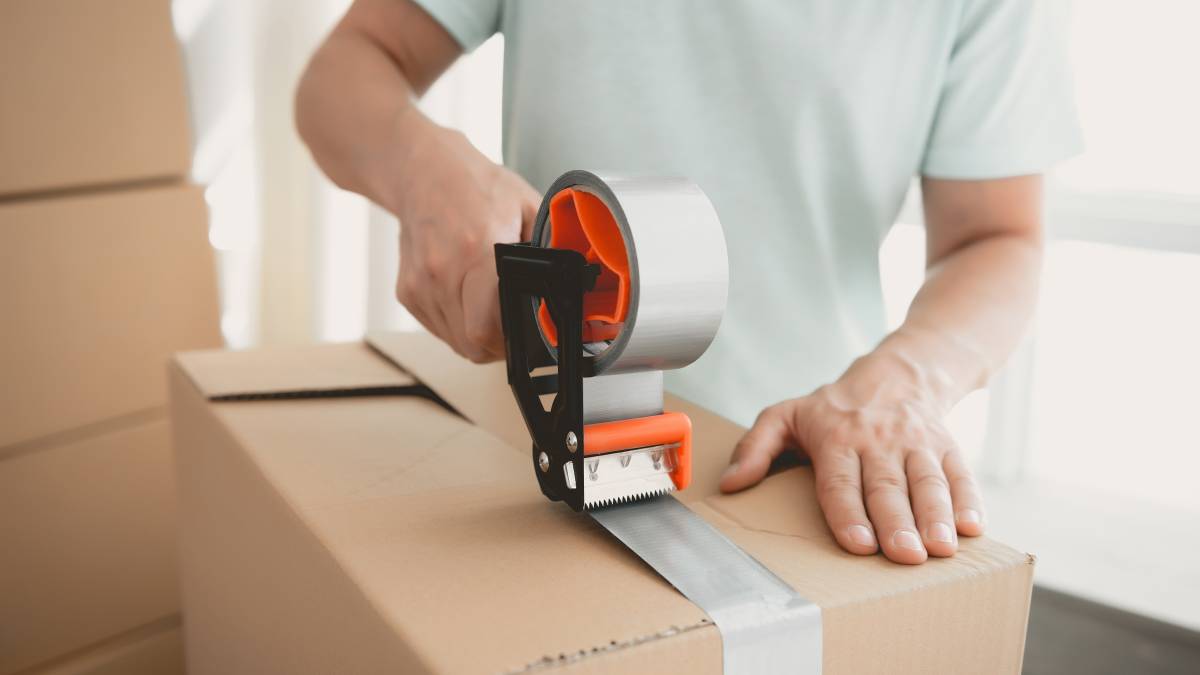
How much do packers cost?
Read more

